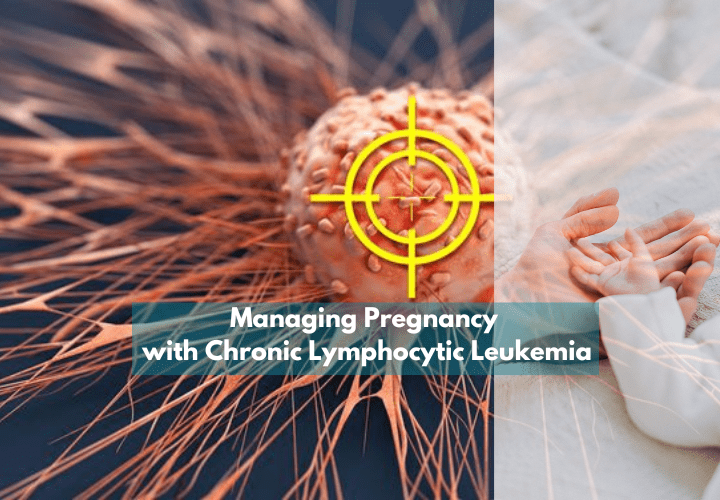HIPEC – an Advanced Chemotherapy Treatment to Destroy Cancer Cells

HIPEC – an Advanced Chemotherapy Treatment to Destroy Cancer Cells
- onco
- July 26, 2023
Are you familiar with the term HIPEC? If not, nothing to worry about. Here in this blog post, you will learn about HIPEC, its methods, benefits, advantages, treatments, etc. As we all know, cancer is affecting millions of people globally and continues to be one of modern medicine’s most challenging problems to solve. Although conventional medications, including systemic chemotherapy, radiation therapy, and surgery, have progressed greatly, the search for more precise and effective treatments continues. A cutting-edge therapy called Hyperthermic Intraperitoneal Chemotherapy (HIPEC), which gives new hope to patients with specific cancers, notably those that involve the abdomen. So let’s explore the nuances of HIPEC, its benefits, and prospective effects on cancer treatment.
Knowledge of HIPEC:
HIPEC, sometimes referred to as hyperthermic intraperitoneal chemotherapy, which is a specialized type of chemotherapy that administers heated chemotherapy medications directly to the abdominal cavity. The peritoneal lining, a thin layer of tissue protecting the abdominal organs, is where most malignancies that are treated with it have either started or spread. Surgery and hot chemotherapy are used in conjunction during the treatment to target cancer cells more effectively.
The HIPEC Methods:
Anaesthesia specialists, oncologists, and surgeons work together as a multidisciplinary team to perform HIPEC surgery, which is often done in a hospital setting. Here we will summarize the typical steps in a HIPEC procedure:
- Cytoreductive Surgery (CRS): The first phase of this procedure is cytoreductive surgery, during which the surgeon attempts to remove as much palpable tumour tissue from the abdominal cavity as is humanly possible. The malignant tumour’s size and distribution determine the operation’s scope.
- Perfusion of Heated Chemotherapy: A heated chemotherapy solution is infused into the abdominal cavity following cytoreductive surgery. The solution is cycled for around one to two hours, allowing the chemotherapy medications to find and eliminate any cancer cells that may still be present.
- Post-Operative Care: To guarantee patient safety and recuperation following the HIPEC operation, patients are closely watched in the intensive care unit (ICU). Depending on how each patient responds to treatment, the length of the hospital stay may change.
HIPEC’s advantages over conventional chemotherapy:
- Targeted Therapy: HIPEC directly targets the abdominal cavity, maximizing medication concentration at the tumour location while minimizing exposure to healthy tissues. This differs from systemic chemotherapy, which circulates throughout the entire body.
- Enhanced Drug Penetration: During HIPEC, the use of heat enhances blood flow to the tumour location, facilitating better chemotherapeutic drug penetration into cancer cells.
- Reduced Side Effects: Because HIPEC administers chemotherapy locally, patients may experience fewer systemic side effects, such as hair loss and nausea that are frequently linked to conventional chemotherapy.
- Potential for Long-Term Survival: In some cancer types, HIPEC has had encouraging outcomes, increasing survival rates and improving the quality of life for some patients.
HIPEC Cancer Treatment:
Cancers that have spread to the peritoneal lining are the most commonly treated with HIPEC. HIPEC can be used to treat a variety of malignancies, including:
- Appendiceal Cancer: Cancer that starts in the appendix and frequently spreads to the peritoneum is called appendiceal cancer.
- Colorectal Cancer: HIPEC may be an option for treatment if colorectal cancer has spread to the peritoneum.
- Ovarian Cancer: HIPEC may be used in conjunction with surgery in some cases of advanced ovarian cancer that has progressed to the peritoneum.
- Mesothelioma: A rare form of cancer that can attack the lining of the heart, abdomen, or lungs. Peritoneal mesothelioma may be treated with HIPEC.
- Gastric Cancer: HIPEC may be an option for treatment in some cases of gastric cancer with peritoneal metastases.
The Prospects for HIPEC:
Despite the fact that HIPEC has demonstrated a great deal of promise in the treatment of a few types of cancer, ongoing studies and clinical trials are aimed at extending its application to more cancer types and enhancing patient outcomes. Investigations also centre on combining HIPEC with other cutting-edge immunotherapies and targeted medicines. HIPEC is anticipated to be more critical in the future of cancer treatment as medical knowledge and technology continue to progress.
In conclusion, the development of hyperthermic intraperitoneal chemotherapy (HIPEC) gives patients with abdominal tumours hope after previously being deemed incurable, is a tremendous advance in the fight against cancer. HIPEC can potentially increase patient quality of life and survival rates thanks to its focused approach and improved drug delivery. As research and technology advance, we can anticipate even more encouraging results and novel applications of HIPEC in the battle against cancer. Do you analyze and ask your present doctors if you would make a good cand idate for HIPEC before selecting a HIPEC centre? Since PECS is the most excellent provider of chemotherapy treatment, you should consult with us if you’re looking for the best HIPEC. In Delhi, India, no one performs more HIPEC procedures than our group of talented surgical oncologists. Feel free to consult with the HIPEC experts at PECS, as we are here to assist you in receiving the best care.
Recent Posts
-
Managing Pregnancy with Chronic Lymphocytic Leukemia
April 30, 2024
-
Signs of Stomach Cancer: Diagnosis and Treatment
April 18, 2024





Leave a Reply